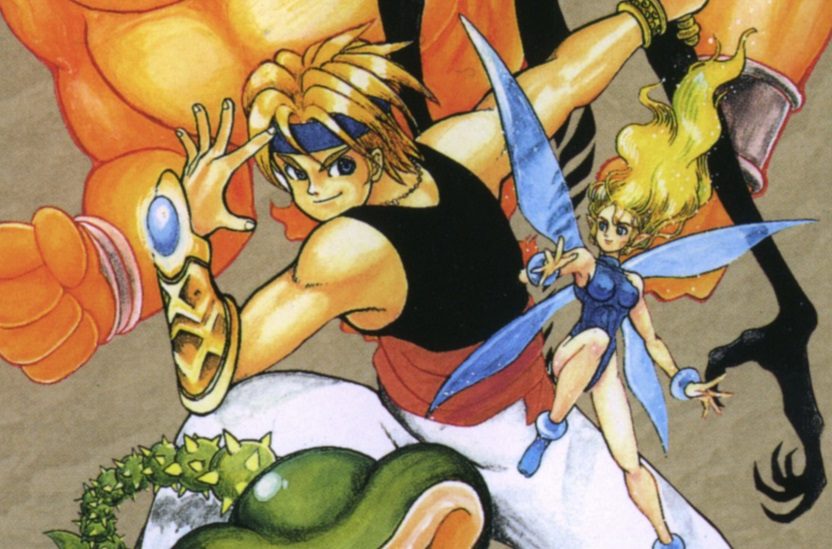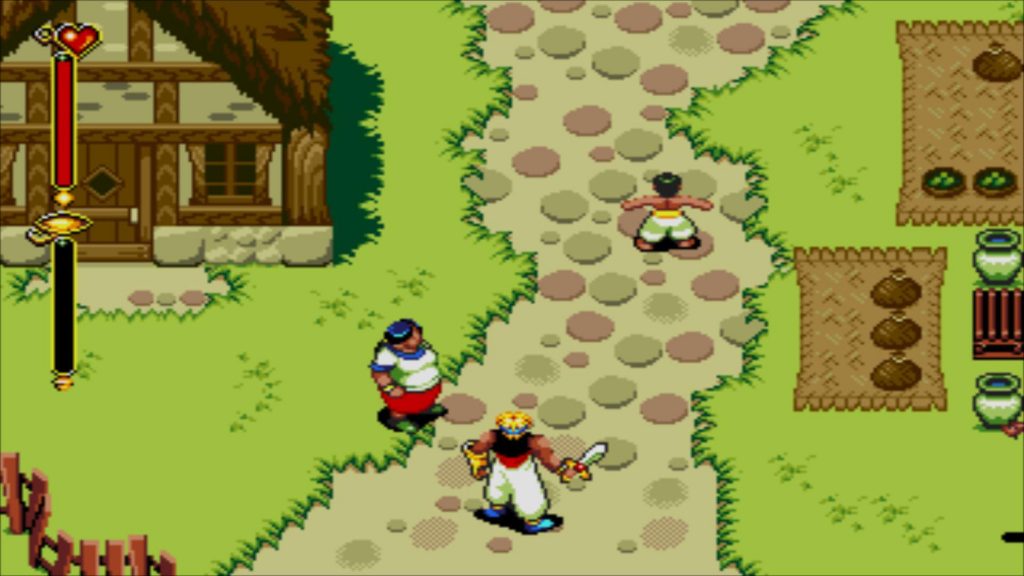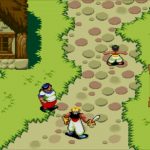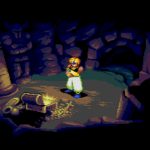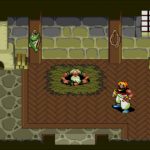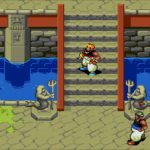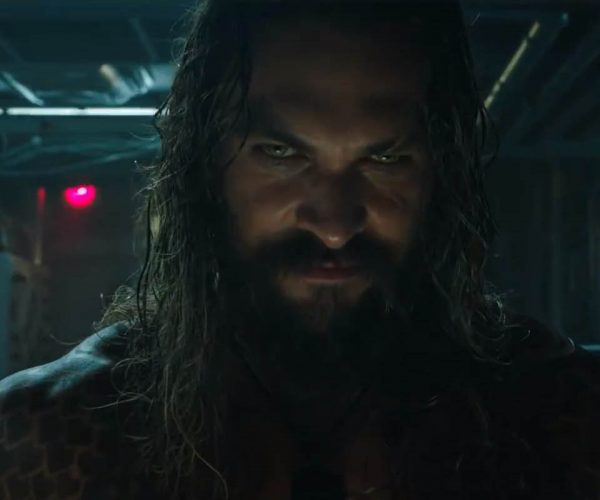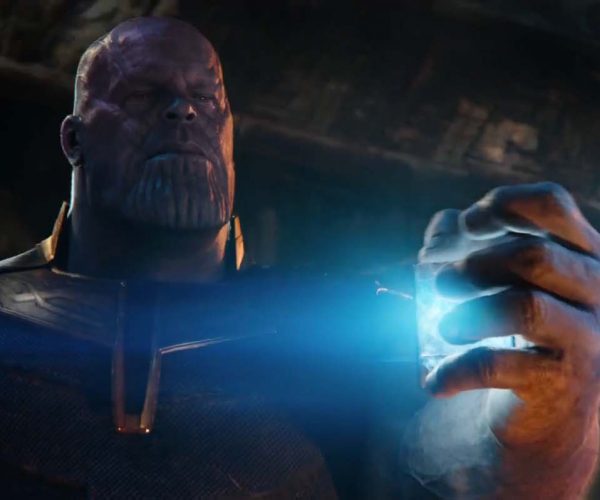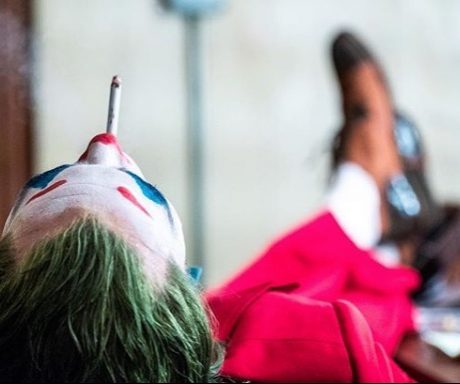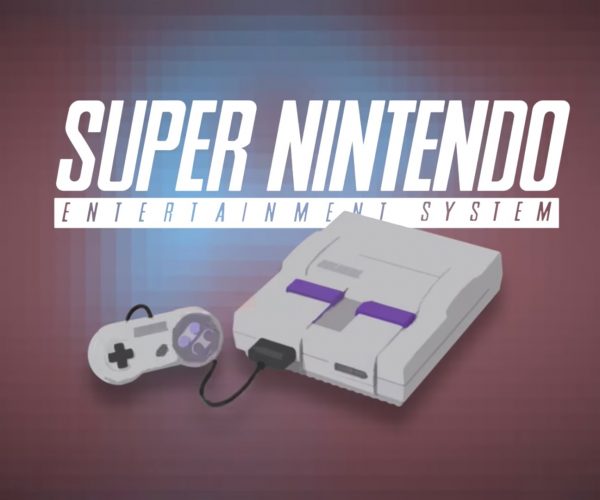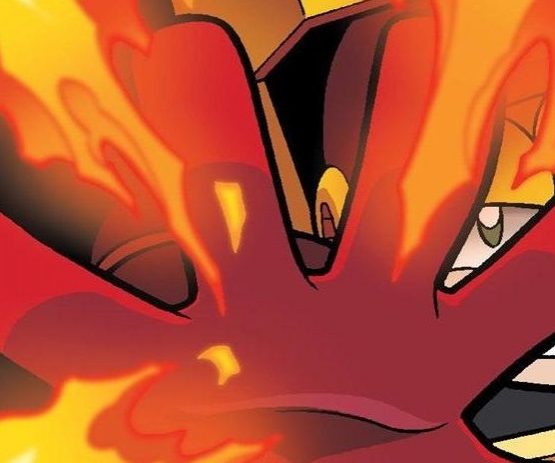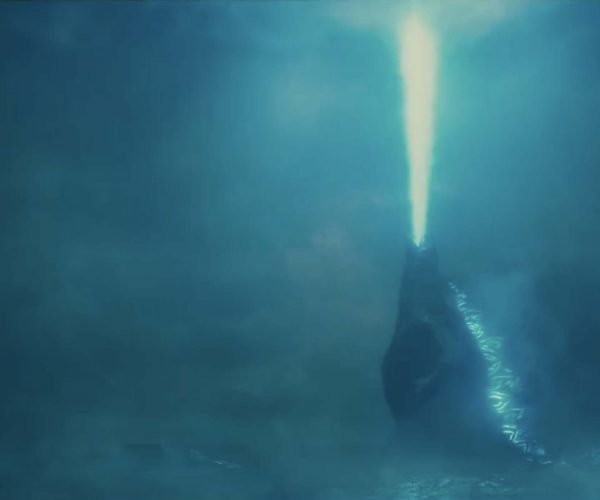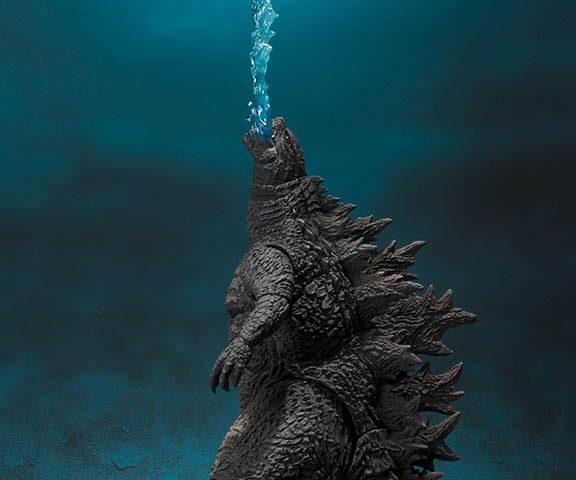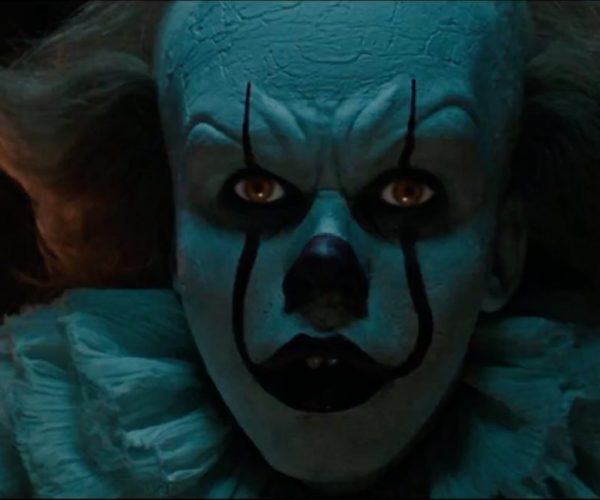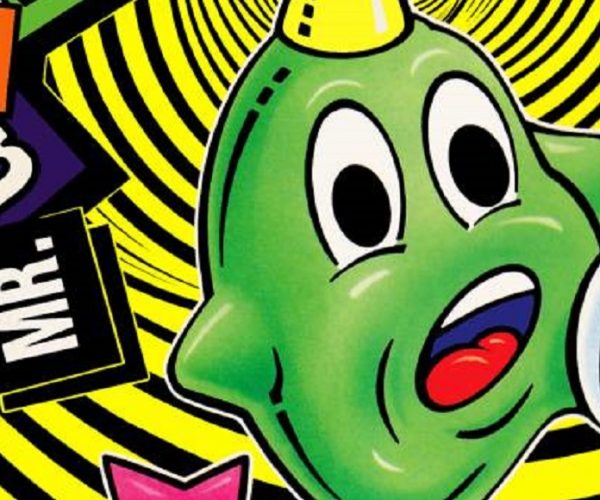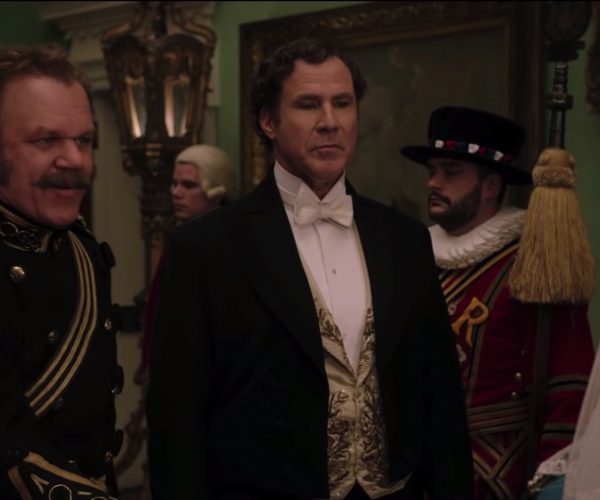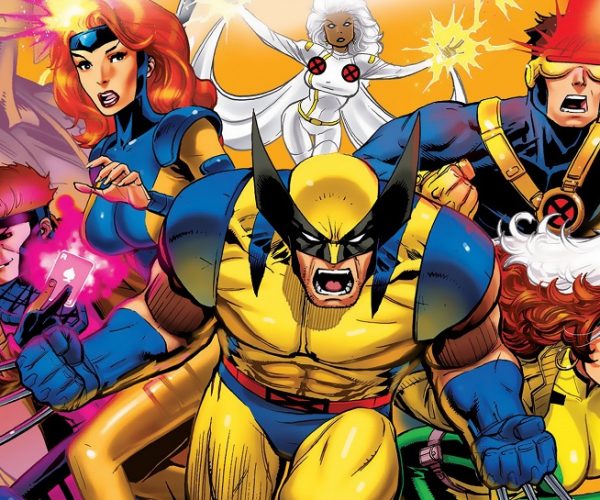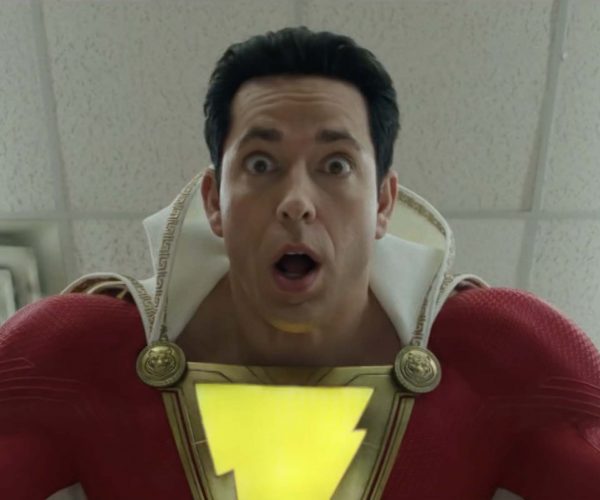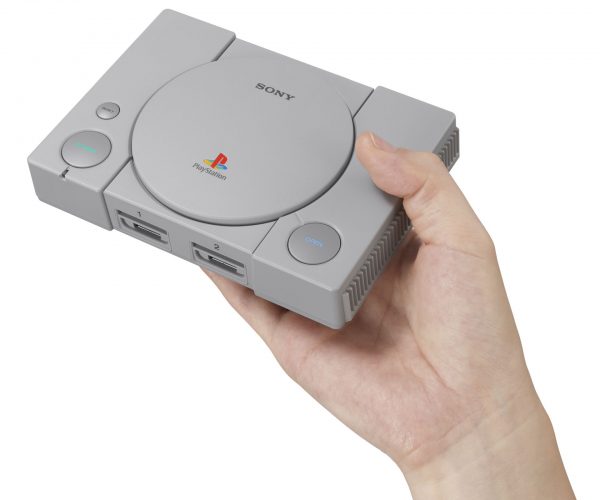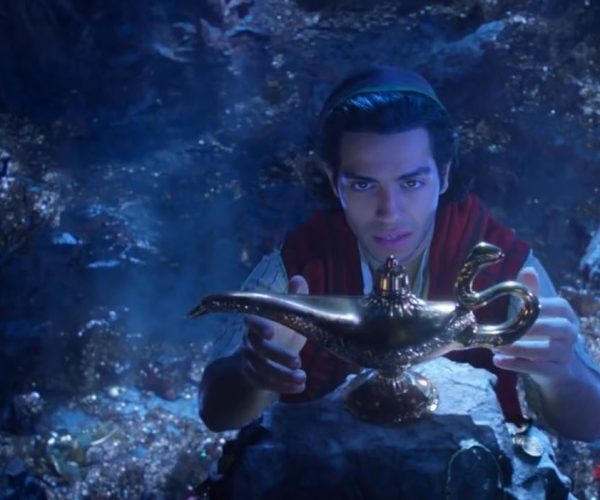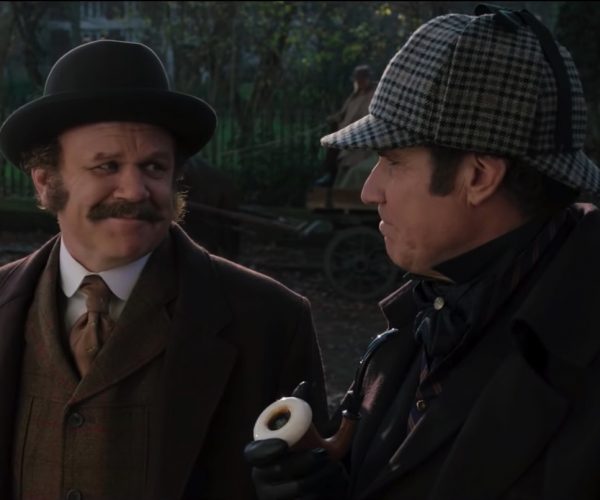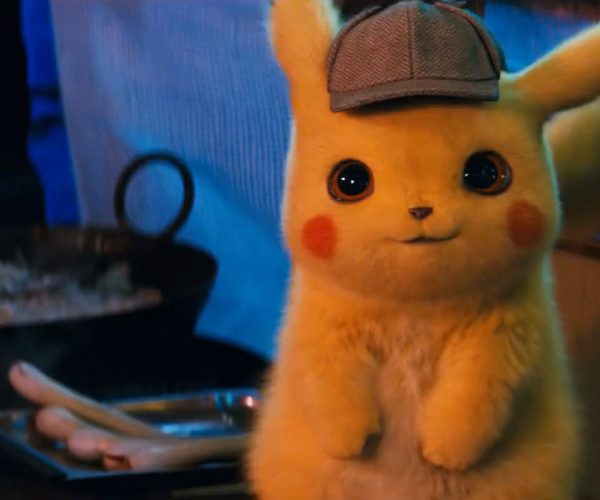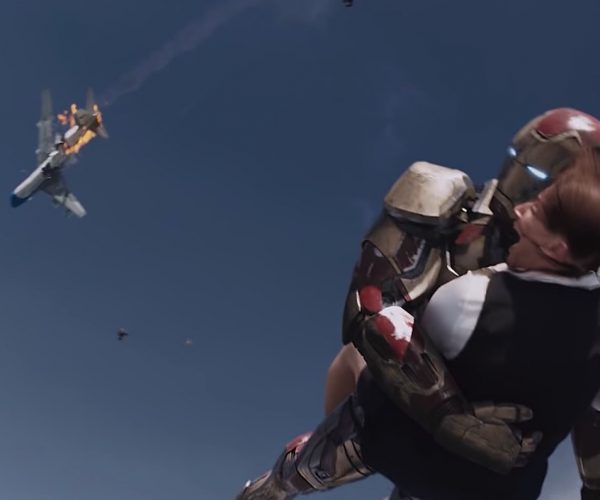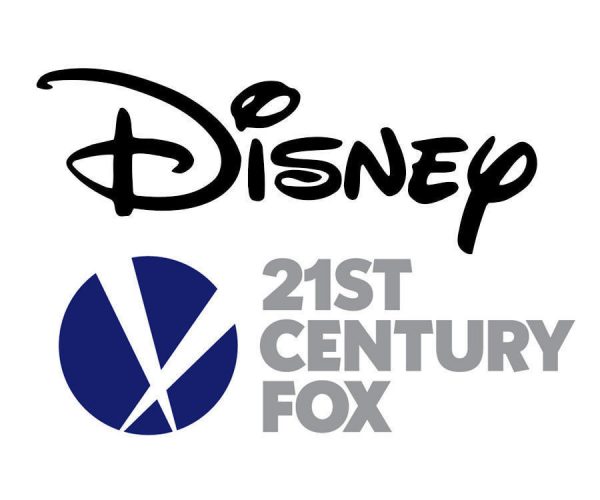As a spoiled sheep of a Nintendo kid, I rarely was granted the chance to explore the rival offerings of the SEGA Genesis library back in the day. Most of my favorites from the console didn’t crawl their way into my life until after the sneaky cynicism that accompanies adult age did, and playing them doesn’t generate the same rosy, nostalgic feeling I get when playing one of the Super Nintendo games from my traditional repertoire.
The recent release of SEGA Genesis Classics on the Nintendo Switch has finally gifted me a chance to play some of these old games in the most accessible, portable method to date. However, when looking through the line-up, Sonic the Hedgehog 2 remains the sole game I played extensively as a youngster. The only other sentimental Genesis favorite that inspires such feelings, Rocket Knight Adventures, missed out on the bundle as it is a third-party Konami release and thankfully needs no such nostalgic feelings to be considered a masterpiece
This particular SEGA Genesis console I played resided in a grandmother’s basement and was only played by the occasional visiting grandchild. She never expanded her library, and this is the reason for my limited access to SEGA games.
This brings me to Beyond Oasis. I picked up the bundle with a few titles I had fleeting knowledge of but have never actually sat and enjoyed, mostly the adventure games and RPGs: Shining Force, Landstalker, Phantasy Star, and Wonder Boy and Monster World, which was sadly stripped from the Nintendo Switch version despite being in the Xbox One and PlayStation 4 versions.
Beyond Oasis fits this bill perfectly, itself being an obvious answer from SEGA and developer Ancient to Nintendo’s dominant The Legend of Zelda franchise. For my experiences, I knew of the game’s Aladdin-inspired setting with protagonist Prince Ali, its big sprites, its awkward translation, and most infamously, the main character’s goofy walking animation. As for the actual game though, I could only take the word of fans as to its quality, fans who have that unblemished nostalgic love for it that is.
And yeah, it’s okay. I can appreciate how SEGA and Ancient didn’t want to outright copy A Link to the Past, the corresponding Zelda game of its era. SEGA, playing up its strong roots in arcade games, replaces Link to the Past’s tight and simple combat with a more timing-based combo fighting system, similar to Streets of Rage. Going a step further, Beyond Oasis is also a much more linear game that takes place on a far smaller map, which can be both a strength or a weakness depending on what you’re looking for.
Compared to the arcade nature of most SEGA Genesis games, I believe this works for Beyond Oasis’ advantage.
And yes, the game’s Magic Spirit system also feels great. I appreciate how the spirits can’t be summoned unless main Prince Ali targets a certain element on the screen, like a campfire for the fire spirit Efreet or a fountain for the water spirit Dytto. The idea, which obviously borrows from Secret of Mana, gives it a unique spin that creates limitations in accessing Ali’s most useful abilities… even if those abilities aren’t utilized in the game to their fullest extent.
All in all, Beyond Oasis is a really stylish, solid game that perfectly represents its era and is easily interpreted as a SEGA take on a Nintendo formula. Once you know what you’re doing, you can wrap it up in under seven hours if you know what you’re doing, and once again playing at SEGA’s arcade roots, you even get a score at the end depending on how many secrets you’ve found, how long it took you to beat the game, how many times you died, etc. inspiring further playthroughs for those interested in such results.
What fascinates me is how easily fans can place it on a high pedestal next to even the likes of Link to the Past, where it has no place being. Beyond Oasis’ dungeon design provides a few brain twisters and tough combat situations, but hardly on the same level as The Legend of Zelda. Likewise, the boss fights just feel like big enemies with a slightly established combat pattern, hardly of the same nature as Link to the Past’s perfect encounters.
Beyond Oasis’ “complex” combat sometimes gets in the way of itself, showing that sometimes a simple sword swing is all a character really needs to catch your attention and feel good. For all the kicking and flipping that Prince Ali does, it doesn’t feel as satisfying as landing that perfect blow on a boss with the Master Sword.
That’s not to say folks who think differently are wrong though. This is how they grew up gaming, and there is no way to say that their expectations are wrong as we all learned to appreciate video games through different channels. Some gamers fell in love with the idea of Beyond Oasis at the right age where as I’m approaching it for the first time at the tender age of 33.
So young and innocent.
For my part, two more games come to mind when trying to explain this fascination: the Game Boy’s Final Fantasy Adventure and the PlayStation’s Brave Fencer Musashi. Now, these are two titles I adore to pieces, and I’ll easily put both somewhere in my Top 25 of all time, and yes, higher than their respecting Legend of Zelda games, Link’s Awakening and the one and only Ocarina of Time. Some would call me crazy, but that’s just how nostalgia works. I love those games to pieces, and while I also love Link’s Awakening, I broke free from the holds of Nintendo in the PlayStation era and never played Ocarina of Time during its reign. Sorry, just never gelled with me, and I’ll forever love Brave Fencer Musashi more.
It’s no different than me wondering how somebody can love Beyond Oasis more than Link to the Past. I simply wasn’t there to do so.
Nostalgia is something you can’t quantify, can’t objectively look at, and this drives some people absolutely mad. These feelings and reactions that loving fans have towards their favorite games make some gamers, whether they are younger and missed out on the olden days or are modern-day number crunchers who are obsessed with specs, feel like they are missing out, feel like they are having their self-proclaimed “expert” status challenged.
Their first reaction is to dismiss nostalgia, but that must never be allowed.
Nostalgia is something you simply can’t force. I never played Beyond Oasis as a kid, and I’ll never feel for it the same way as I do towards games I have true sentiments for. I can’t say if I’ll ever play it again or if my first playthrough successfully planted the seeds of sentimentality or if I’ll add it to the small, specific line-up of classics I frequently go back to, but I will say this. For what it’s worth, I’m glad to have finally played it.
Even if I can’t appreciate Beyond Oasis in the same way as those who adore it, I’m glad to at least have a deeper understanding of that fondness. I’ll forever be on the outside looking in, but I’m fine with that.
This is how nostalgia works. It’s a deeply personal connection to a game that is impossible to replicate from person to person, and in this highly connected age where all gamers are all expected to play on an even field with equal access to everything, this personal connection remains more important than ever.
TechnoBuffalo LLC (dba TheNerdy.com) has affiliate partnerships with various companies. These do not at any time have any influence on the editorial content of The Nerdy. TechnoBuffalo LLC may earn a commission from these links.
